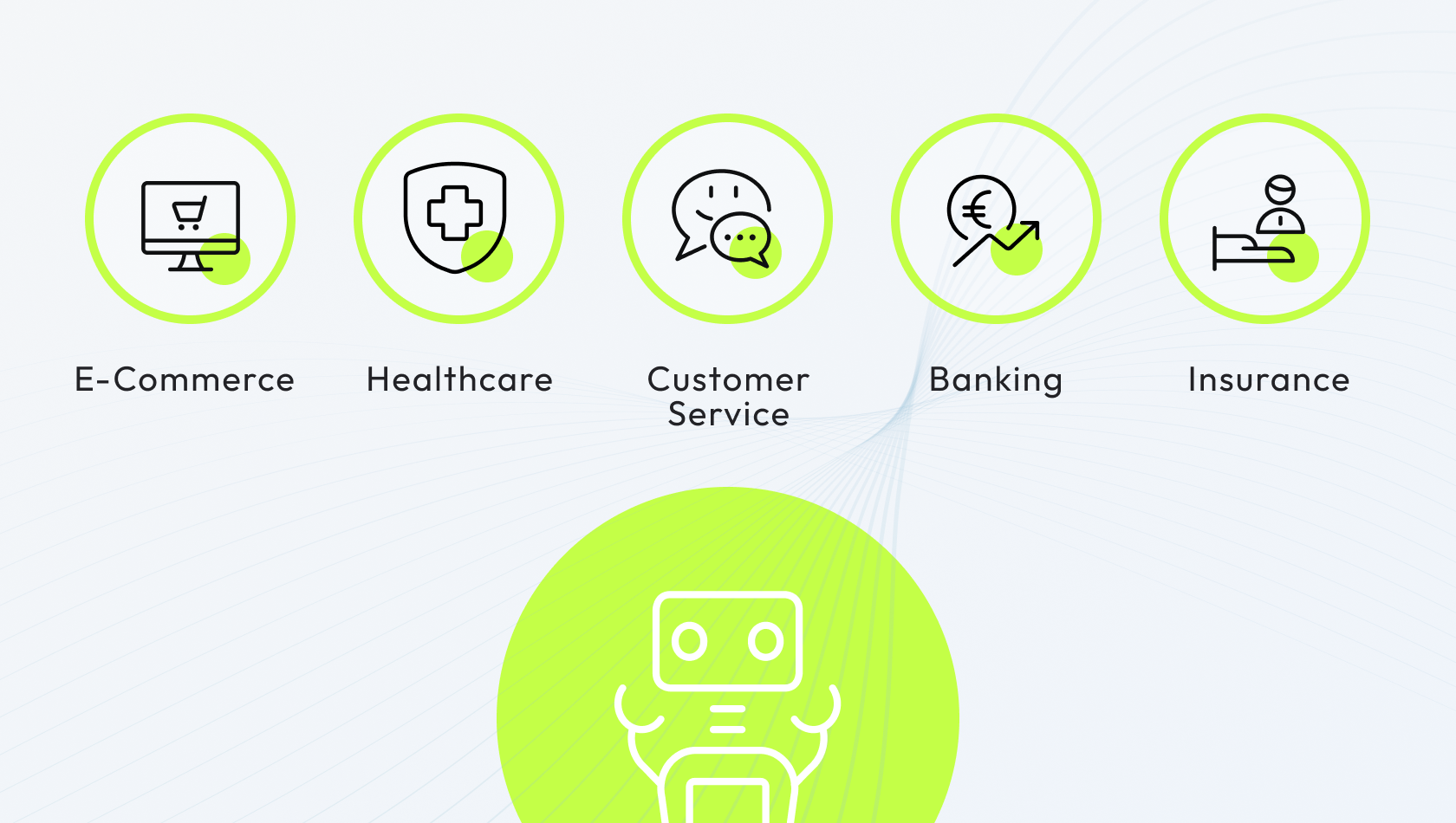Using AI to power intelligent chatbots for companies
What are intelligent chatbots?
Chatbots are automated communication tools that interact with users, often employed on websites and apps. With the integration of AI, these chatbots transcend their basic operational modes, enabling them to learn, adapt, and provide a unique, personalized experience. Unlike their traditional counterparts that follow a defined script, intelligent chatbots can understand context, infer meaning, and handle complex conversations with ease.
The need for AI-powered chatbots
Traditional chatbots operated on pre-set scripts. They would only understand and respond to specific inputs. Any deviation, and they'd falter. AI-powered chatbots, however, recognize patterns, process natural language, and offer dynamic solutions. They have become invaluable for businesses for the following reasons:
24/7 Customer Support: Companies can now provide round-the-clock support, ensuring queries from different time zones are addressed promptly.
Cost-Efficiency: An AI chatbot can handle multiple inquiries simultaneously, cutting down the need for extensive customer service teams and reducing overheads.
Personalized User Experience: Through data analysis and learning algorithms, AI chatbots offer tailored suggestions and solutions, enhancing user engagement and satisfaction.
Real-world applications
Where to deploy chat assistants? Why they might be helpful? The possibilities for application are arguably almost endless, but there are nevertheless areas where a smart chat can be extremely helpful.
E-commerce
Beyond just answering queries, chatbots in e-commerce can assist in product discovery, offer deals tailored to user preferences, handle returns, and even upsell by providing complementary product recommendations.
Banking
Modern banking chatbots are designed to secure user data while providing a plethora of services. They can assist with investments, give alerts on unusual activities, and even provide credit score information.
Healthcare
AI in healthcare chatbots can be programmed to assess preliminary symptoms, provide basic first aid information, and direct users to specialists. They also play a role in mental health, offering therapeutic chat services to those in need.
Customer Service
Chat assistants are changing the customer service landscape by providing fast, efficient, and consistent support. As technology continues to advance, we can only expect chat assistants to become even more sophisticated and capable. Embracing this technology can not only improve customer satisfaction but also streamline your business operations. One of the most apparent benefits of chat assistants is their ability to provide near-instant responses to customer inquiries and unlike human agents, chat assistants don't require breaks or sleep.
As your business grows, so does the volume of customer inquiries. Training and hiring more human agents to handle this increased load can be time-consuming and expensive. Chat assistants can be quickly scaled up to handle a higher volume of queries without the need for extensive recruitment and training processes.
Best practices for implementing AI chatbots
Clarify the purpose
Before deployment, have a clear strategy. Whether it’s for lead generation, sales, or post-sales support, the purpose will determine the chatbot's design and functionality.
Human-like, but transparent - chatbot should offer a seamless conversational experience. However, users should be informed at the outset of the conversation that they're interacting with a bot. This ensures transparency and sets user expectations.
Focus on continuous training, cause AI thrives on data. Regularly update and train your bot using the latest user interactions and feedback, ensuring the bot grows smarter over time.
Future of AI chatbots
As AI technologies like neural networks and deep learning advance, we can expect chatbots to become indistinguishable from human agents in conversation quality. The integration with emerging technologies like AR and VR might allow for virtual customer service avatars. Voice-enabled chatbots, integrated with IoT devices, could redefine our home and office environments.
As businesses evolve, staying at the forefront of technological advancements becomes crucial. AI-powered chatbots are not just a trend; they are transforming the foundation of customer interaction. Embracing this transformation ensures businesses remain competitive, efficient, and most importantly, customer-centric. As AI continues its upward trajectory, those aboard the chatbot train will undoubtedly reap its myriad benefits.




%20(1680%20x%20950%20px).png?width=468&height=263&name=Lukas%20Broisch%20(300%20x%20175%20px)%20(1680%20x%20950%20px).png)
